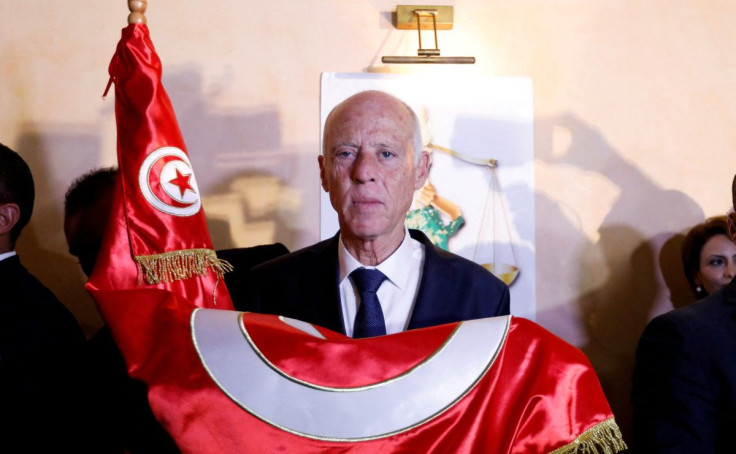Tunisian President To Change Judicial Council, Rejects Foreign Criticism

Tunisian President Kais Saied will change the Supreme Judicial Council but not abolish it, the justice minister said on Wednesday, days after the president stated his plan to dissolve the body met intense criticism, including from Western donors whose help is needed to avert a crisis in public finances.
The president, however, said later in the day that he rejected "foreign interference" following the widespread criticism after he announced plans on Sunday to dissolve the body that guarantees judicial independence.
Justice Minister Leila Jaffel said on television that Saied would maintain the council as a constitutional institution but change the law regulating it and set up a temporary judicial authority in the meantime.
Jaffel gave no details as to how the council's composition or role would change, or about the composition, role or tenure of the temporary authority.
She added that the preparation of the new law will be participatory and democratic.
Critics, which also include judges, rights groups, and opposition parties, said abolishing the council would undermine judicial independence and could help Saied cement one-man rule after his suspension of parliament and seizure of broad powers last year, which critics call a coup.
But Saied said his country does not accept being in the position of a student who receives lessons.
"There are countries that do not have a Supreme Judicial Council...Tunisia is a sovereign state and we are not a garden of anyone", Saied said during a meeting with the foreign minister published on the presidency Facebook page.
© Copyright Thomson Reuters {{Year}}. All rights reserved.





















